World Oceans Day (June 8th) is a day to celebrate the wonders of our oceans, and to raise awareness about the crucial role they play in sustaining life on Earth.
Whales, dolphins and porpoises (cetaceans) are amazing ocean influencers, playing a crucial role in recycling nutrients and in doing so, playing a role in fighting climate change - yet another reason why it’s vital that we protect them. It can sometimes feel overwhelming trying to figure out how to make a difference in marine conservation and how to protect our oceans. However, just like our wonderful whales and dolphins, you too can become an ocean influencer! In this blog, Ocean Conservationist Gemma investigates five practical steps you can take to support the conservation of cetaceans on World Oceans Day and beyond!
1. Participate in Citizen Science with ORCA
For those who are keen to take a hands-on approach in supporting marine conservation efforts, you can easily join ORCA as a citizen scientist. We offer a range of courses suitable for new learners and more experienced wildlife watchers alike. This is a fun and engaging way to make a real difference by helping us collect vital data that informs protective legislation for cetaceans. You’ll feel a tangible sense of impact as part of ORCA’s dedicated network of OceanWatchers and/or Marine Mammal Surveyors who collect data across the world’s oceans.
Becoming a Marine Mammal Surveyor also offers the fantastic opportunity to meet people from all walks of life who share a love for cetaceans and a commitment to marine conservation, all while observing these incredible creatures in their natural habitat!
No matter your level of experience, you will be welcomed, supported, and highly valued as a member of the ORCA family. Check out our range of different training options and start your learning journey with ORCA today. Our Introduction to Whale and Dolphin Identification; course will be the first step in your journey.
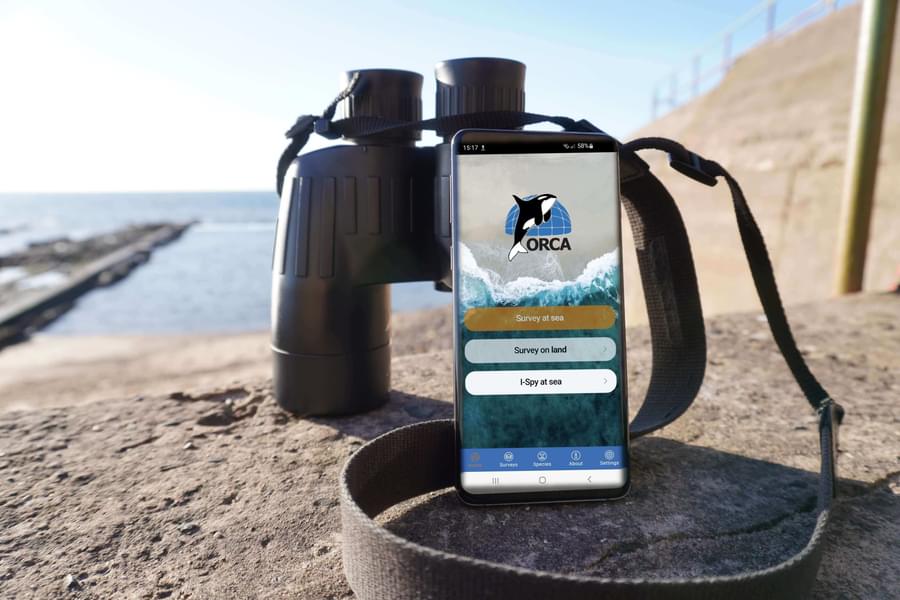
2. Support Marine Conservation Organisations
By donating or volunteering with organisations dedicated to marine and cetacean conservation like ORCA, your contribution supports vital research and conservation projects. Protecting whales, dolphins, and porpoises is a highly complex operation that requires significant time, effort, cost, and very careful planning. This is why our supporters- whether they subscribe to memberships, join us as volunteers, or organise fundraising activities- are crucial in enabling us to continue our work. We simply could not continue protecting, researching, and advocating for cetaceans without the truly incredible generosity of our supporters. We have a range of membership options that will provide updates on our work, educate you about whales, dolphins, and porpoises, and enable you to contribute significantly to protecting our oceans. Even by purchasing your next set of binoculars or a marine wildlife guide from our online shop-you can help contribute towards protecting cetaceans.
3. Responsible Tourism
Watching whales and dolphins in the wild is one of the most incredible experiences you can have, and by making more mindful choices while on holiday, you can positively impact cetaceans. If you decide to participate in whale watching tours, make sure to choose operators that follow responsible wildlife viewing guidelines to minimise disturbance to the animals. Observing these animals in the wild is a powerful way to connect people to nature, provided it’s done respectfully and responsibly. There are few sights more jaw-dropping than the acrobatics of a humpback whale or the thrill of spotting your first pod of dolphins! You can read more about responsible whale watching and see a summary of ORCA’s guidelines for best practices here.
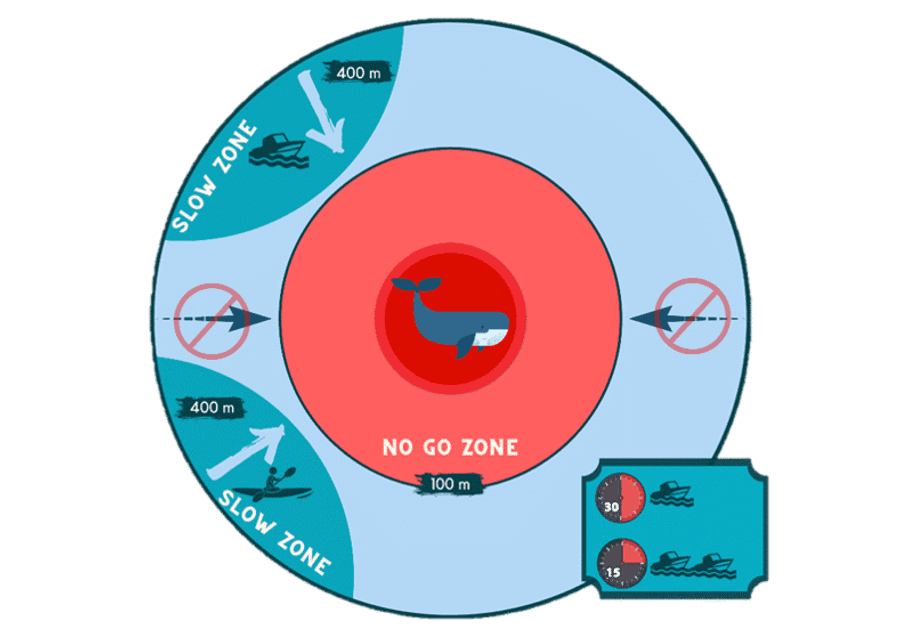
You can find out if your operator is following responsible whale watching guidelines by asking two simple questions:
Do you follow responsible whale watching guidelines?
Can you please tell me what they are?
The chances are, if they can’t answer question number 2, then they’re not following the guidelines! This is a very simple step to help you make a responsible choice when seeking these incredible wildlife experiences
If you know anyone visiting nations where whaling occurs, remind them to not purchase whale-based products as doing so will help end the demand for such items. Many of these products, like whale steaks, are falsely marketed as “traditional” foods to pique tourists’ curiosity. The reality is that in places like Iceland, the main consumers of whale meat are tourists, many of whom are unaware of this. If tourists shun these products, they can help to end the demand for whaling and, consequently, whale-based items.
4. Book an ORCA Sea Safari
If you’d like to watch whales responsibly with ORCA, an exciting way to support marine conservation is by booking one of our Sea Safaris. These mini cruises, departing throughout the summer from Plymouth or Rosslare, offer you the chance to see the beautiful cetaceans we love in their natural habitat. Our expert wildlife guides will be on board to help you spot the incredibly diverse marine life, answer any questions, and make this a truly unforgettable experience for passengers. There are a variety of dates between June and September that are available to book now. These trips are very popular and are suitable for everyone, whether you are a seasoned whale-watching pro or a complete beginner! It’s a thrilling way to test your ID skills, meet other ocean lovers and support ORCA’s work. With our Sea Safaris heading to some of the most species-rich waters and important migratory routes for many species, who knows what you might be lucky enough to spot!
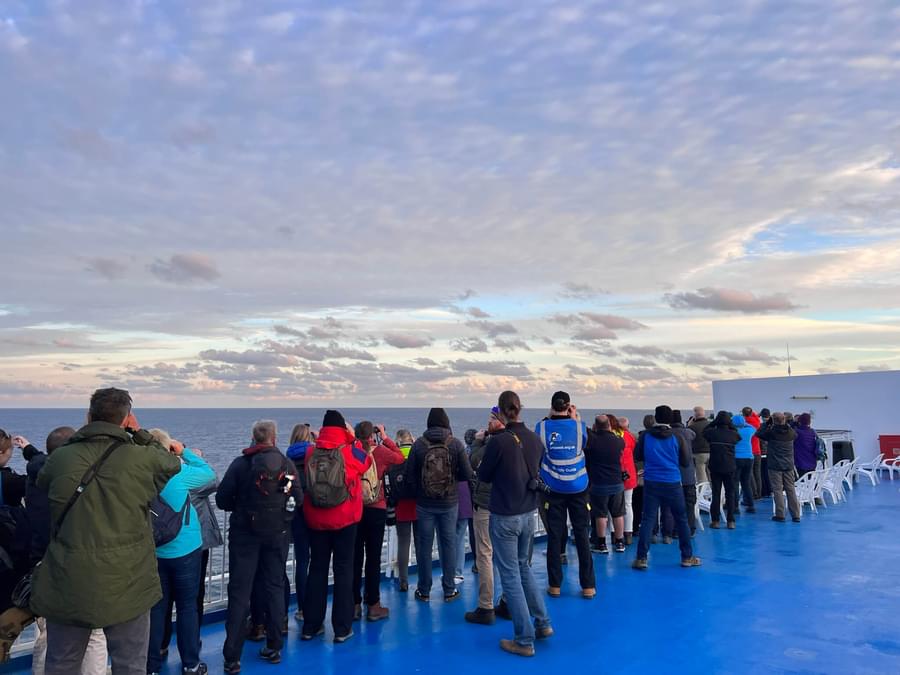
5. Reduce Plastic Use
Plastic pollution poses a widespread threat to all marine life from cetaceans to seals, turtles, sharks and seabirds. They can become entangled in plastic waste or ingest it, leading to chemical contamination and potentially fatal injuries. One way we can all make a difference is by reducing our use of single-use plastics and choosing reusable alternatives such as bags, straws, coffee mugs, and water bottles. You can take proactive steps by using tools like the Refill app, which helps you locate businesses in a global network that support reducing, reusing, and refilling. This app offers tips on plastic-free shopping and identifies locations offering discounts or rewards for using your own coffee mug. Another lesser-known threat is microplastics, including microbeads that are found in many cosmetic products. The Beat the Microbead app allows you to scan product barcodes to determine if they contain microplastics, empowering you to switch to microbead-free alternatives. If you want to take an extra step in tackling plastic waste, you could organise a community beach clean-up, or join one in your local area!
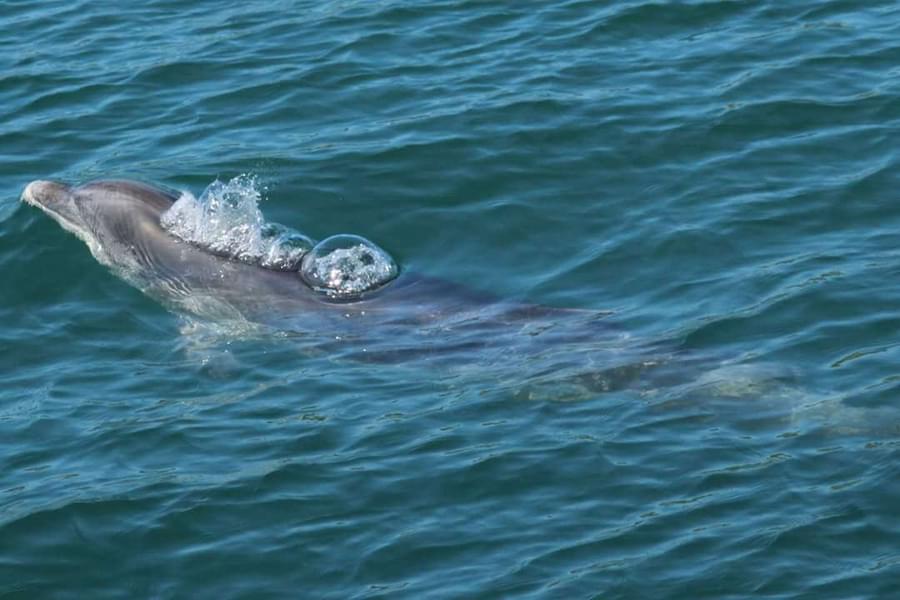
We hope you enjoyed this guide and that it has provided you with actionable steps to help protect our oceans and all of their magnificent inhabitants. Every small effort contributes to a larger impact, and together, we can make a significant difference. By reducing plastic waste, supporting responsible tourism, and getting actively involved in conservation activities, you can play an important role in keeping whales, dolphins, and porpoises safe for many generations to come. Let’s celebrate World Oceans Day by committing to these changes and spreading awareness. Together, we can ensure a healthier, more vibrant ocean for the future. We must act now to safeguard the breath-taking beauty and life of our oceans, so they can continue to inspire, connect, and sustain us all.
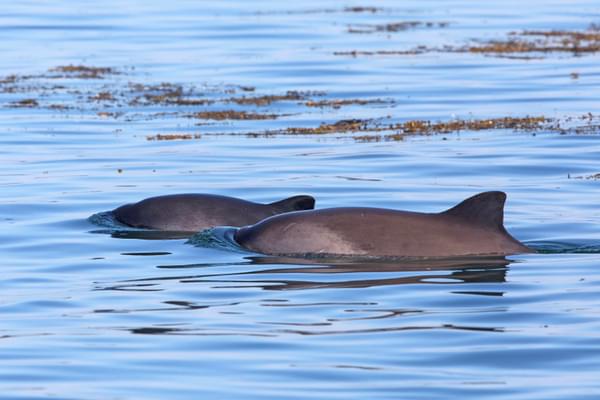
ORCA's work to protect whales and dolphins has never been more important and to help safeguard these amazing animals for the future we need your help. Please support our work by donating at www.orca.org.uk/donate to help us create oceans alive with whales and dolphins

